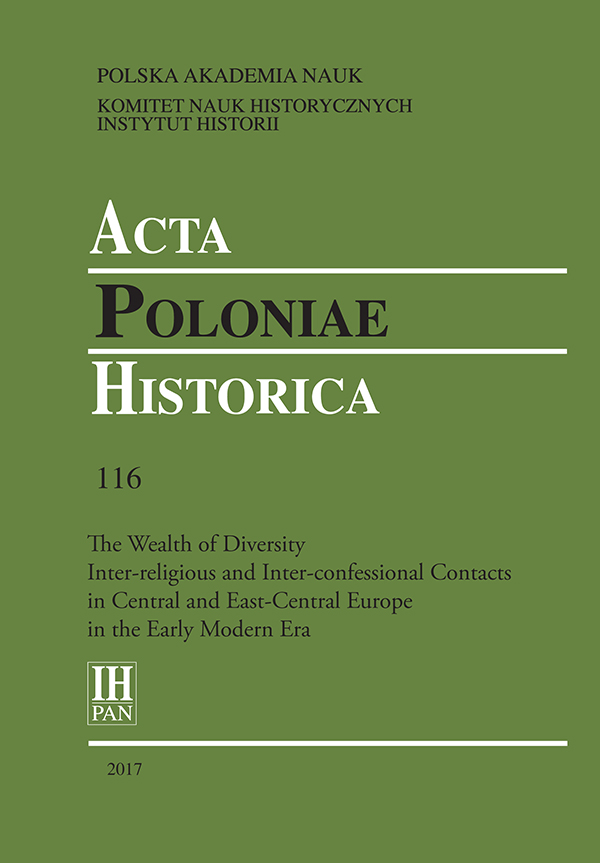Auto-da-fe in Lwów in 1728: The Jan Filipowicz Trial and Jewish Re-Conversion to Judaism in the Early Modern Poland
Auto-da-fe in Lwów in 1728: The Jan Filipowicz Trial and Jewish Re-Conversion to Judaism in the Early Modern Poland
Author(s): Adam KaźmierczykSubject(s): History, Cultural history, Jewish studies, Oral history, Social history, Modern Age, History of Judaism, 18th Century
Published by: Instytut Historii im. Tadeusza Manteuffla Polskiej Akademii Nauk
Keywords: conversion; apostasy; Jews; judiciary
Summary/Abstract: This article discusses the question of neophytes’ return to Judaism, especially the case of Jan Filipowicz, who was condemned to death for this crime in 1728 in Lwów. The return of Jewish converts to their religion of origin was a relatively frequent occurrence in the Polish-Lithuanian Commonwealth, but those charged with this crime, especially Jews from Lwów accused of persuading the neophytes to return, were not usually treated as harshly as Filipowicz. The exceptionally harsh sentence given to the rabbis responsible for the return of Filipowicz to Judaism resulted from the judges’ belief in the existence of a ritual of dechristianization, a special blasphemy against Christianity. The relationship of the courts and the Church in the Polish-Lithuanian Commonwealth to the problem of apostasy among converts from Judaism is addressed. The penitential practices described in the court documents are similar to those described by the inquisitor Bernard Gui in the fourteenth century and to the ritual of dechristianization described by Jan Serafinowicz, the most famous eighteenth century convert.
Journal: Acta Poloniae Historica
- Issue Year: 2017
- Issue No: 116
- Page Range: 121-148
- Page Count: 28
- Language: English

